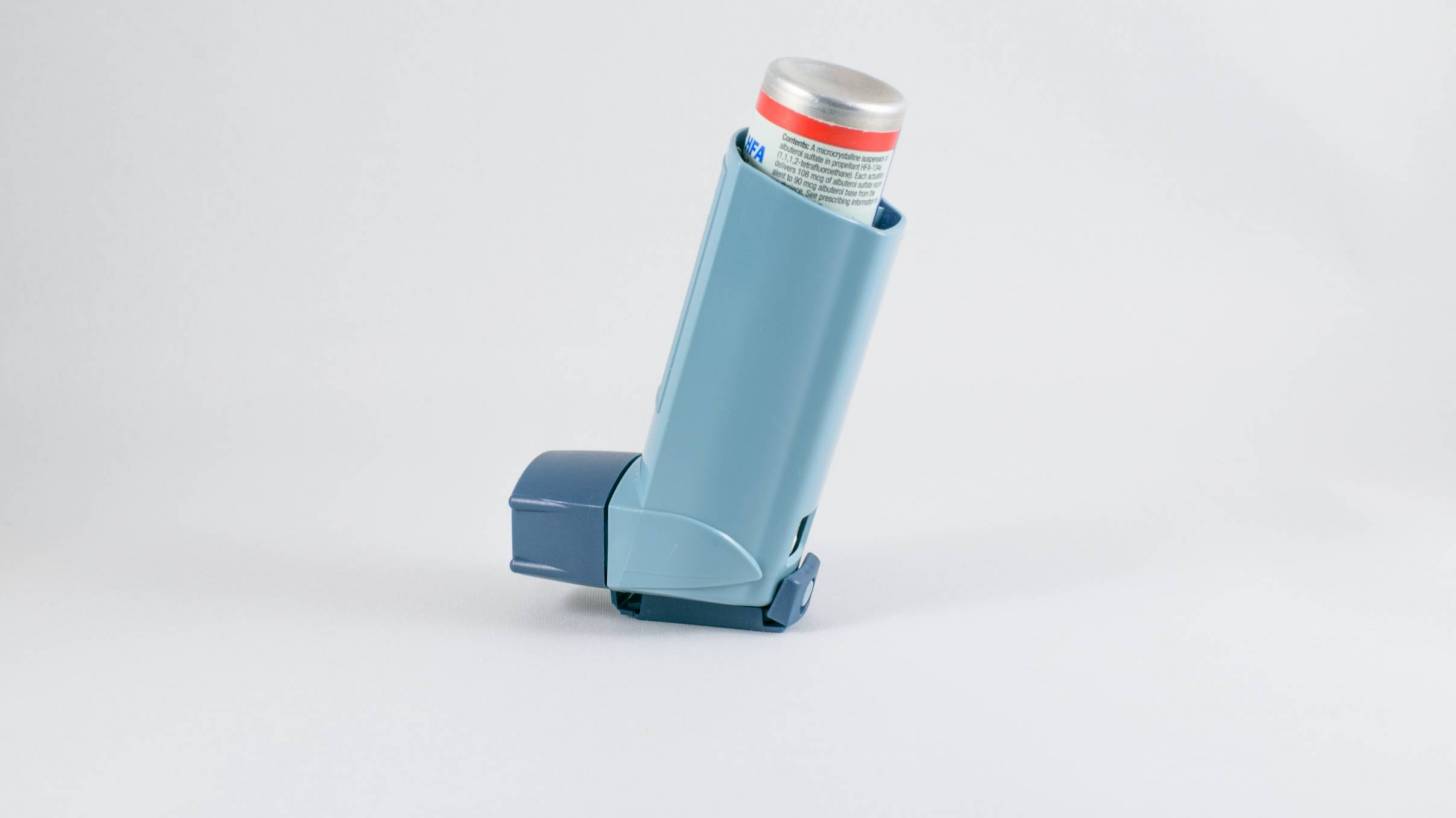Fasenra Found Friendly With Flu Vaccination

A new study found that Fasenra (Benralizumab), an interleukin-5 (IL-5) antagonist, did not impair the antibody response to seasonal flu virus vaccination in adolescents and young adult patients, with moderate to severe asthma.
Fasenra targets IL-5, a type-1 cytokine that plays a key role in the triggering of eosinophilic airway inflammation.
By depleting eosinophils proliferation, activation, and differentiation, Fasenra was shown to significantly reduce exacerbations and improve lung function.
This phase 3b clinical trial, ALIZE, focused on whether Fasenra affected the influenza vaccine antibody response.
The study included 103 patients, receiving medium- to high-dosage inhaled corticosteroids/long-acting β2-agonists. These patients were randomized and received Fasenra or placebo.
There were no consistent differences in HAI or MN antibody responses at Week 12 between patients receiving Fasenra or placebo.
Fasenra received Food and Drug Administration (FDA) approval in 2017, is a prescription medicine used with other asthma medicines for the maintenance treatment of asthma in people 12 years and older, whose asthma is not controlled with their current asthma medicines.
Medicines such as Fasenra reduce blood eosinophils, which are a type of white blood cell that may contribute to asthma.
Consumers and healthcare professionals should report any adverse reactions with FDA approved products, to the FDA’s MedWatch program to help the agency better understand the scope of the problem.
Our Trust Standards: Medical Advisory Committee
- Benralizumab does not impair antibody response to seasonal influenza vaccination in adolescent and young adult patients
- Study to Evaluate the Potential Effect of Benralizumab on the Humoral Immune Response to the Seasonal Influenza Vaccination
- Fasenra
- Benralizumab: an anti-IL-5 receptor α monoclonal antibody in the treatment of asthma
- Fasenra (benralizumab) receives US FDA approval for severe eosinophilic asthma








